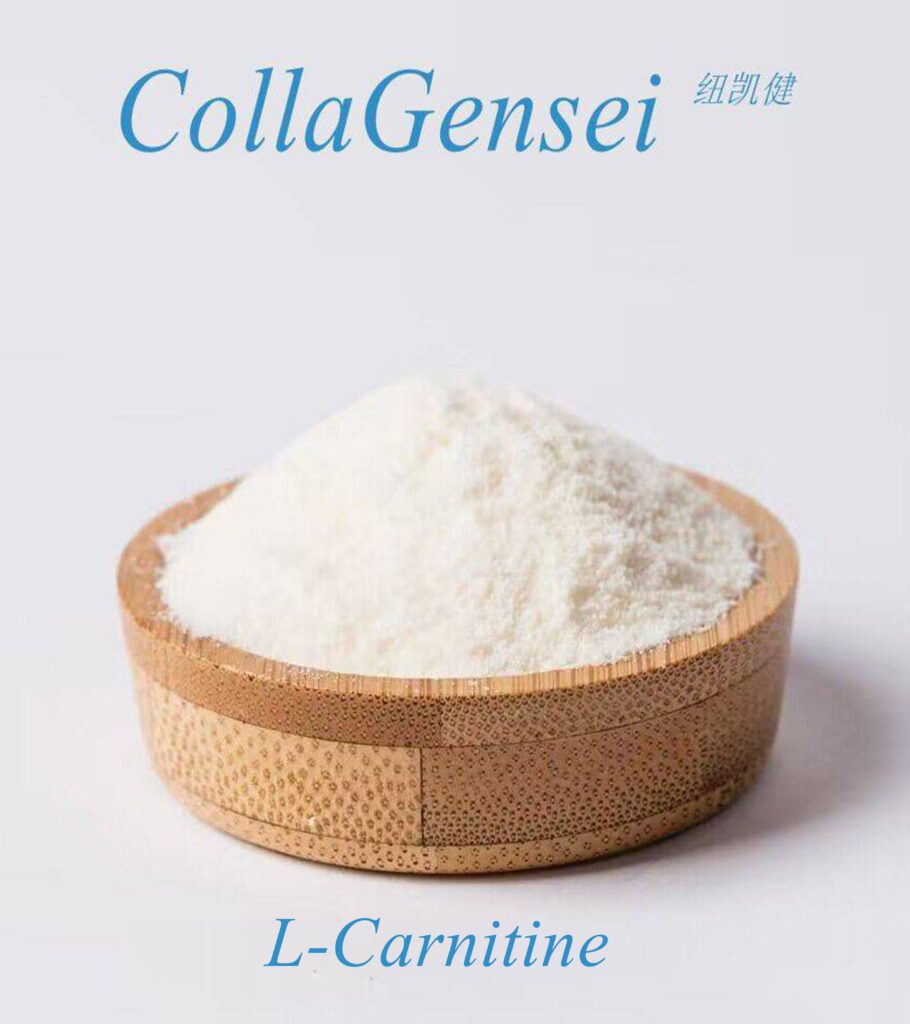In dietary supplements and functional foods, soybean peptides and Collagen have become famous for enhancing health and well-being. Both are touted for their benefits, but they cater to different aspects of health and operate through distinct mechanisms. This article explores the differences and similarities between soybean peptides and Collagen, focusing on their sources, benefits, mechanisms of action, applications, and safety.
- Sources and Composition
Soybean peptides are derived from soybeans (Glycine max), a legume known for its rich protein content. These peptides are produced through the hydrolysis of soybean proteins, breaking them into smaller, bioactive fragments. This process results in soluble peptides that are easily absorbed by the body.
The primary components of soybean peptides include a variety of amino acids, such as lysine, leucine, and valine. These amino acids are essential for many bodily functions, including muscle repair, immune support, and overall health maintenance.
Collagen is a structural protein in connective tissues, including skin, bones, tendons, and cartilage. It comprises amino acids such as glycine, proline, and hydroxyproline. Collagen is classified into several types, with types I, II, and III being the most prevalent. Type I is found in skin and bones, type II in cartilage, and type III in skin and blood vessels.
Collagen supplements are usually derived from animal sources such as bovine (cattle), porcine (pigs), or marine (fish) sources. They are processed into hydrolyzed collagen or collagen peptides, which are more easily absorbed by the body.
- Health Benefits
Soybean Peptides:
- Antioxidant Properties:
Soybean peptides have demonstrated significant antioxidant activity. They help neutralize free radicals, reducing oxidative stress and potentially lowering the risk of chronic diseases.
- Anti-Inflammatory Effects:
Research suggests that soybean peptides can have anti-inflammatory properties. This may benefit individuals with inflammatory conditions such as arthritis or other chronic inflammatory diseases.
- Hypertension Management:
Some studies indicate that soybean peptides may help lower blood pressure by inhibiting angiotensin-converting enzyme (ACE), which plays a role in blood pressure regulation.
- Muscle Health:
The amino acids in soybean peptides support muscle protein synthesis, aiding muscle repair and growth. This is beneficial for athletes and individuals recovering from injuries.
Collagen:
- Joint Health:
Collagen, especially type II, is known for maintaining and repairing cartilage. Supplementation can help reduce symptoms of joint pain and improve joint function, particularly for individuals with osteoarthritis.
- Skin Health:
Collagen supports skin elasticity and hydration. Supplementing with Collagen may help reduce the appearance of wrinkles and improve skin texture.
- Bone Health:
Collagen is a critical component of bone structure. Supplementing with Collagen can support bone density and overall skeletal health, potentially reducing the risk of osteoporosis.
- Hair and Nail Strength:
Collagen supplementation may contribute to stronger hair and nails by providing essential building blocks for their growth and repair.
- Mechanisms of Action
Soybean peptides exert their benefits through various physiological mechanisms. Their antioxidant properties help combat oxidative stress by neutralizing free radicals. The anti-inflammatory effects are attributed to the peptides’ ability to modulate inflammatory pathways. Additionally, soybean peptides can influence metabolic pathways related to blood pressure regulation and muscle health. They are absorbed efficiently in the digestive tract, allowing their benefits to be realized throughout the body.
Collagen:
Collagen supports health primarily by maintaining the structural integrity of connective tissues. When ingested, Collagen is broken down into smaller peptides and amino acids, which are then used by the body to synthesize new Collagen. This process helps repair and maintain cartilage, skin, bones, and other connective tissues. Collagen peptides are absorbed in the digestive system and are incorporated into the body’s collagen structures, improving their function and reducing degradation.
- Applications and Usage
Soybean Peptides:
Soybean peptides are commonly incorporated into various functional foods and dietary supplements. They are found in protein powders, energy bars, health drinks, and other nutritional products. Their versatility makes them suitable for inclusion in diverse diets, including those of individuals who are lactose intolerant or vegan.
Collagen:
Collagen supplements are available in various forms, including powders, capsules, and liquids. They are often explicitly marketed for joint health, skincare, and overall wellness. Collagen supplements are popular among individuals seeking to improve joint function, reduce wrinkles, or support bone health. However, collagen supplements are derived from animal sources and unsuitable for vegetarians or vegans.
- Safety and Side Effects
Soybean Peptides:
Soybean peptides are generally considered safe when consumed as part of a balanced diet. However, individuals with soy allergies or sensitivities should avoid them, as they can trigger allergic reactions. It is essential to choose high-quality supplements to minimize the risk of contaminants and ensure their efficacy.
Collagen:
Collagen supplements are also considered safe for most individuals. However, those with allergies to specific animal products or dietary restrictions should exercise caution. As with any supplement, following recommended dosages and consulting with a healthcare professional if you have underlying health conditions or are taking other medications is essential.
- Comparative Analysis
Effectiveness:
Both soybean peptides and Collagen offer valuable health benefits but target different areas. Soybean peptides are more focused on providing antioxidant and anti-inflammatory effects, supporting muscle health, and managing blood pressure. Collagen, particularly type II, is more specialized in supporting joint health, skin elasticity, and bone density.
Dietary Preferences:
Soybean peptides are suitable for individuals with dietary restrictions, including those who are vegetarian or vegan. In contrast, collagen supplements are typically derived from animal sources, making them unsuitable for vegetarians and vegans.
Versatility:
Soybean peptides are versatile and can be incorporated into a wide range of products, making them accessible for various dietary needs. Collagen supplements are more specialized and often target specific health concerns such as joint pain or skin aging.
- Conclusion
Both soybean peptides and Collagen offer unique health benefits and can be valuable additions to a wellness regimen. Soybean peptides provide antioxidant, anti-inflammatory, and muscle-supporting properties, making them a versatile choice for overall health. Conversely, Collagen is specialized for maintaining joint health, improving skin texture, and supporting bone strength.
The choice between soybean peptides and Collagen depends on individual health goals, dietary preferences, and specific needs. Consulting with a healthcare professional can help you determine which supplement aligns best with your health objectives and lifestyle. By understanding the benefits and mechanisms of each, you can make an informed decision and incorporate the most suitable supplement into your wellness routine.



